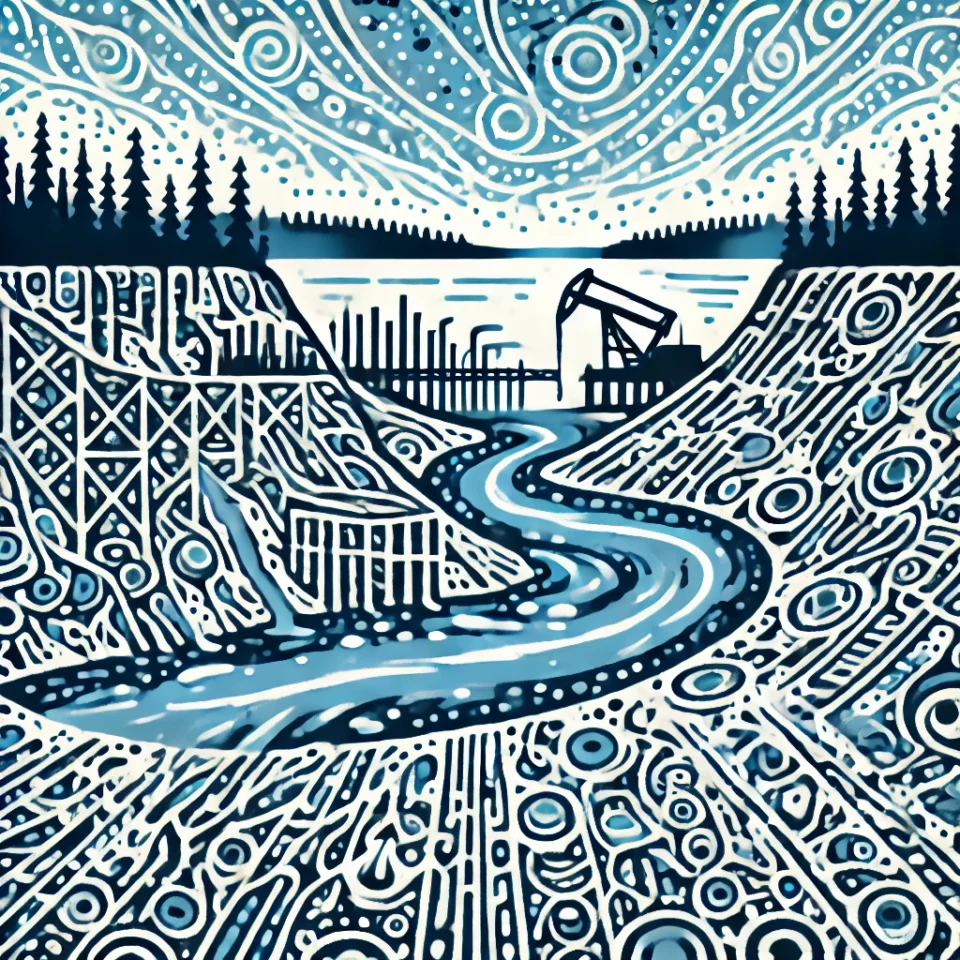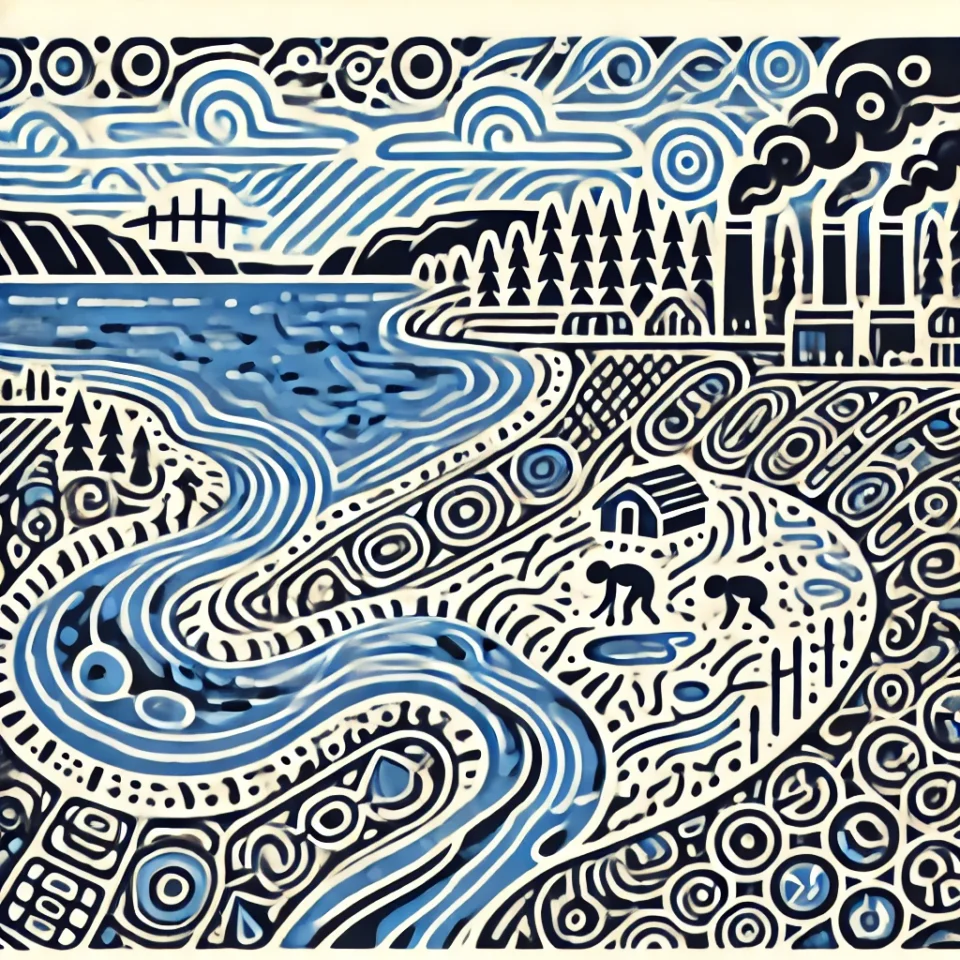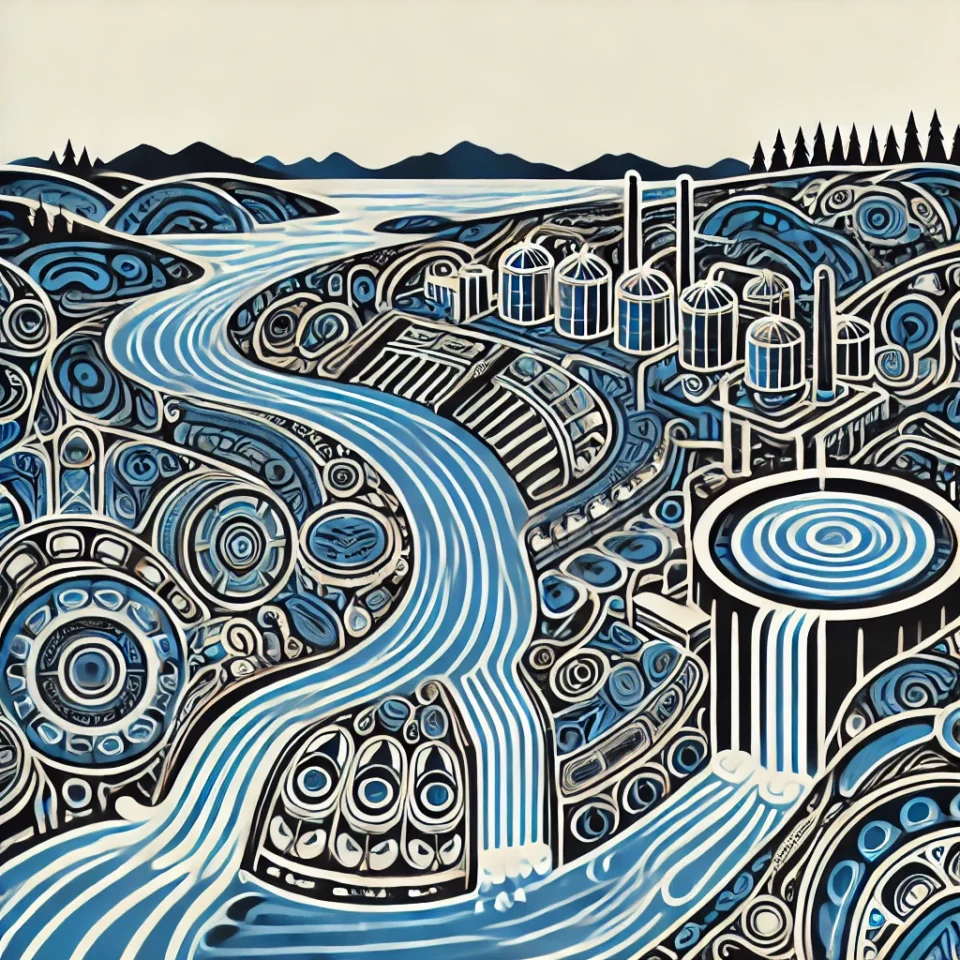Eang, tell us a little about your organisation and the work that you do.
TERRA is a small organization based in Bangkok, Thailand. We consider ourselves a regional organization, as our monitoring, networking and campaigning work covers the whole Mekong region. Since 1989, TERRA has been monitoring various environmentally related issues in the six Mekong countries. Previous to that, we were more focused on Laos and Cambodia, since these two countries are ‘investment grounds’ for their neighbours and at risk of exploitation. Burma is the same, but the difference is that we cannot and do not want to work inside Burma. However, TERRA has been working closely with groups based in Thailand and Burma on the issue of hydropower on the Salween river.
TERRA’s work has been focusing on river issues, including the emergence of large-scale hydropower dams on the Mekong river and its tributaries, and in relation to that, we have been looking at the relationships between Mekong countries on energy production and trade. We also work on the forest issue, monitoring logging and large-scale plantations, and looking at the question of land, climate change and the rights of local communities, focusing on issues such as REDD. Our main objective is to strengthen and encourage the voices of local people in the environment and development situation that they are facing.
As for me, I started working with TERRA in Lao PDR. From 1993 to 1996, I worked as a TERRA person in the “Community Forest Support Unit” that was established by NGO groups and the Department of Forestry. The aim of the unit was to incorporate knowledge on the way people inhabit, use and manage forests within Lao environmental policies. I’ve also been monitoring hydropower dam issues which has expanded my work to Cambodia and now also Vietnam. My main work has always been related to networking and campaigning with civil society groups in the region and the problems they face.
Right now I’m the co-director of TERRA, and also one of the coordinators of the “Save the Mekong Coalition” which was established in early 2009.
What do you see as the main challenges facing the Mekong region and its peoples today?
The main challenge might be how to feed the hungry world! The Mekong region has opened up after 25 years or more of conflict and is now adopting market economics as the key to development, without sufficient experience of dealing with the capitalist world. Being a region rich in natural resources, the region has experienced the rapid onslaught of capitalism from nearby countries, such as their ASEAN friends, and now amongst themselves. Outside actors, such as the International Finance Corporation and bilateral donors have been welcomed, and now the Mekong region faces issues between the economically stronger countries, such as China, Vietnam and Thailand, and the weaker ones – Laos, Cambodia and Burma – on the question of natural resource exploitation with the heavy involvement of the private sector.
With all this going on, the rights and capacity of people and civil society groups in each Mekong country to respond to the situation is of great concern. Rapid, large-scale investment in the region’s water, land and forest resources, including large scale hydropower dams proposed in every single major sub-basin of the region, have been the key threat to peoples’ livelihoods, the environment and biodiversity in the region. While the majority of Mekong people are using natural resources directly for their well-being and survival, resources such as fisheries also account for a substantial part of a country’s GDP – for example, 12% in Cambodia. To have this fall into the hands of the private sector in such an immediate manner in the last 15-20 years has really changed the face of the Mekong and its people – from being rich and self-subsistent to being poor, and this poverty can become permanent because of the loss of resources that can never be replaced.
What role does the Mekong River Commission (MRC) play? The MRC’s Strategic Environment Assessment appears likely to recommend a 10-year moratorium on approval processes related to mainstream dams. Will they heed this advice?
The MRC has always been suspect in its service to the Mekong region, by repeatedly saying that it cannot play much of a role beyond facilitating and working on the basis of what the Mekong governments themselves propose to do. That’s always the end of the story for us, and other civil society groups. We now fear that this Strategic Environmental Assessment process will end the same way, especially when dealing with the large scale hydropower dams which are the ideal of most Mekong governments. The question is what is MRC’s mandate for tackling this hydropower dam ideology? We basically believe that this issue can never be effectively tackled without sufficient knowledge and the role of people in the region. MRC has been weak on both counts, both in terms of sharing the knowledge that they are supposed to have, and in engaging people in this highly contentious scenario of hydropower dam development.
What’s happening at a local and regional level to confront developments?
The civil society movement in the Mekong region has been growing up, but of course at their own pace. The development of the local and regional network is also a matter that is linked directly to political development in each country. Therefore, we are now seeing different development of civil society groups in different Mekong countries. However, in the past decade or so, people in the region have also learnt how to work together on a regional platform, questioning the ‘development’ that is happening both in their own countries and in terms of cross-border impacts. The case of the 11 proposed Mekong mainstream dams has been one of the clearest examples of that.
I think the emergence of the “Save the Mekong” movement against the proposed mainstream dams was the result of people arriving at the point where we all recognised the need to work together and rely on each other. So now the work within countries is getting pretty closely aligned with the regional movement, in my opinion. Civil society groups in the Mekong still need to work hard within their own contexts to open up space in their own countries. In Laos, the government has allowed non-profit associations for the past five years, but still in very uncertain circumstances, while Thailand, with around 30 years of NGOs playing a role in society, has reached another turning point, related to the political situation.
It is clear that when it comes to the urgent need of working together on river, land and forest issues, to work together as a regional network can be very effective. The governments of the region have therefore been held to account by civil society groups crossing borders in the past decade. While China has been the target of criticism on the Upper Mekong dams, Thailand and Vietnam have been targeted on the issue of energy consumption. All three countries have been subject to more and more questioning on the manner of their investments in destructive projects in neighbouring Mekong countries.
And finally, what would your message to Norwegian aid administrators be as well private companies interested in getting involved in the Mekong region?
In my view, Norway is still playing a rather suspect role in the Mekong area. The strong belief in hydropower development is still the key issue for Norway, compared with other European countries. This perspective and the role of Norwegian aid and Norwegian companies need to be discussed in public. I think an open forum, facilitated either by Norway’s government or by civil society groups, on the role and intentions of Norway in the Mekong region is needed. I do understand that this is not simply investment, but also about promoting ‘sustainable hydropower’. Civil society needs to understand what this means. Is it possible to have ‘sustainable hydropower’ with these proposed large-scale hydropower dams in the Mekong region? I think Norway needs to answer this question for us.
Another issue relates to the Norwegian government’s role within mechanisms such as MRC. I think it is important that both Norwegian aid administrators and private companies understand the concerns and criticisms of civil society groups towards MRC and its role in relation to hydropower dams in particular. We hope that Norway will consider their role in supporting ideas and processes that do more harm than good for us in the Mekong region.

 Vannets kretsløp:
Vannets kretsløp:
 Funksjon:
Funksjon: Hovedutfordringer:
Hovedutfordringer: